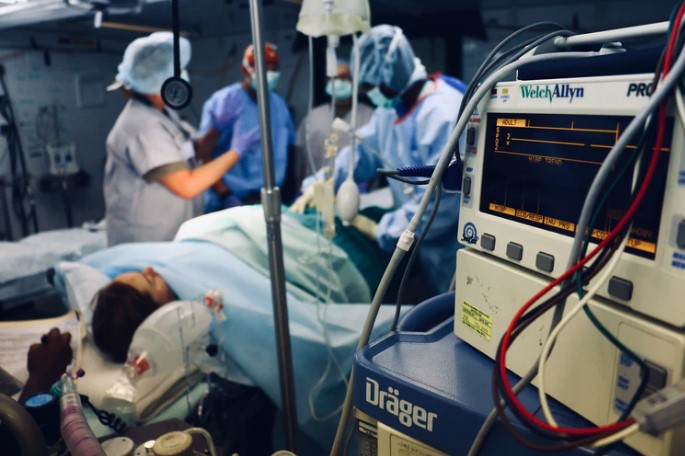British researchers have pinpointed which factors put knee replacement patients at high risk for severe infection and repeat surgery.
“This information provides me with the strong evidence I need to discuss the risk of infection with my patients undergoing knee replacement and helps us identify strategies to minimize that risk,” said study co-author Dr. Michael Whitehouse. He’s a consultant in trauma and orthopedic surgery at the University of Bristol Medical School.
Knee replacement is a common procedure most often used to treat pain and disability caused by osteoarthritis. Deep infection is a rare but serious complication that occurs in about 1% of knee replacement patients. In some cases, patients require an additional knee operation.
In this study, researchers analyzed data on more than 670,000 knee replacement patients in England, Wales, Northern Ireland and the Isle of Man, including more than 3,600 who needed another knee operation due to infection.
The leading patient-related risk factors for severe infection after knee replacement were: being younger than 60; being male; having chronic pulmonary disease, diabetes or liver disease; and having a higher body mass index (BMI — an estimate of body fat based on weight and height). The researchers also found that the reason for knee replacement, the type of procedure performed, and the type of knee replacement influenced the risk of needing more surgery due to infection.
Patients who had knee replacement after an injury, inflammatory arthritis or a history of previous infection in an affected knee were more likely to require additional surgery due to infection. Patients with cemented total knee replacements were more likely to undergo additional surgery due to infection than those with an uncemented implant. The experience of the surgeon and the size of the orthopedic center had little or no effect on the risk of repeat surgery due to infection.
Original article: https://www.webmd.com/osteoarthritis/news/20190418/why-a-knee-replacement-can-go-bad

























Comments